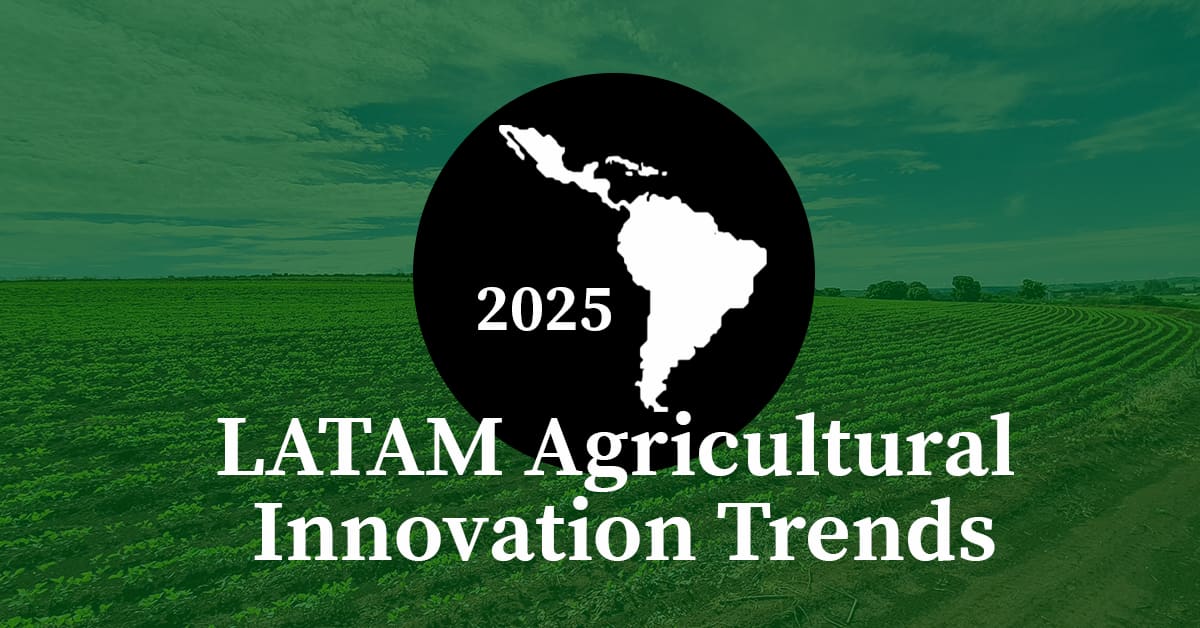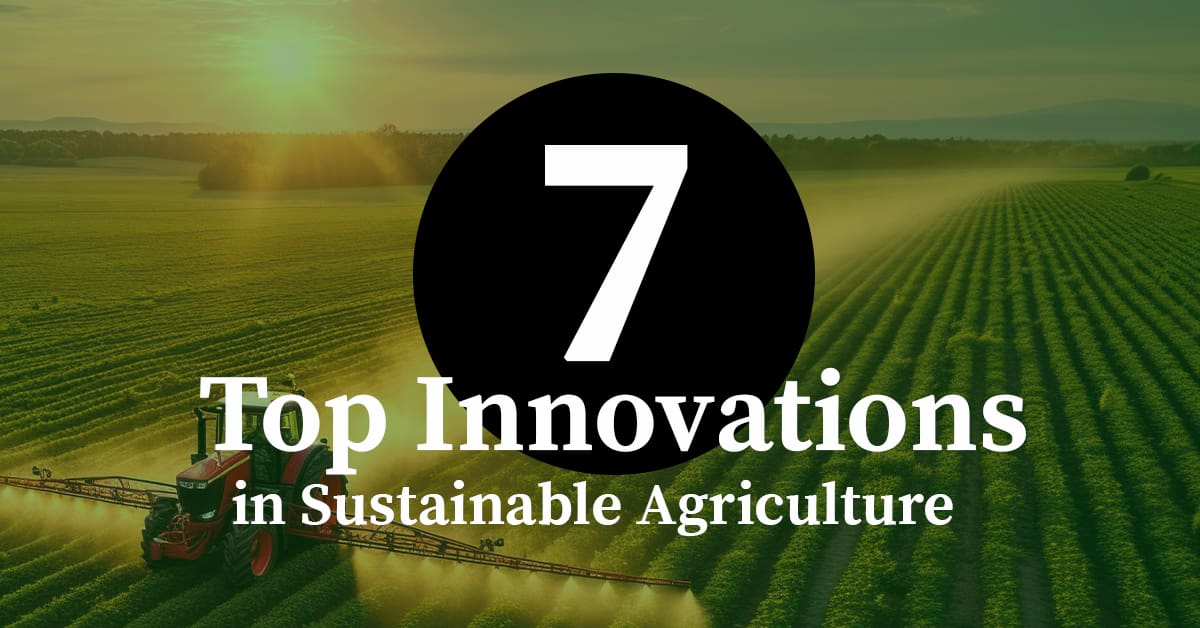
Last week, AgriThority® experts Horacio Buscaglia, Gloverson Moro, Ph.D., and Daniel Dias Rosa, Ph.D., attended the World Agri-Tech Innovation Summit in South America. Attendees in São Paulo discussed the opportunity for Brazil to lead the way for biologicals and regenerative ag practices.
Regenerative Agriculture in Brazil
In April alone, Brazilian agricultural exports have exceeded $15 billion dollars, an increase of almost 4% from the prior year. This positions the region to set the standard for Best Management Practices in regenerative agriculture. Over 11 new markets have been issued permits for Brazilian exports in 2024 alone, and that number is expected to rise exponentially as the region continues to adopt new technologies and practices that promote sustainability.
Biological Products Mainstream
Biological products have become mainstream in grower practices in Brazil because of the climate, pest and disease pressure, and to improve nutrient deficiencies in the soil. According to the 2022 McKinsey Global Farmer Insights report, Brazil leads the global agriculture industry in biological, biostimulants and biofertilizer adoption. With more than 50% of Brazilian farmers using biologicals, the region is considered an “established market” for biologicals. As such, it’s imperative for new biological innovators to understand that only truly disruptive and effective products will gain the attention of Brazilian farmers and gain adoption in this crucial region.
RNAi Technology Potential
RNAi technology is poised to enter the market in 2024, with multiple technologies seeking commercial registration. These innovations will create a variety of effective, eco-friendly alternatives in crop protection, and when commercially viable, they will prevent the formation of weed, pest and disease in crops, while reducing cost for growers in the region.
Digital Traceability in Brazil
Finally, digital traceability is key to transforming sustainability practices in Brazil.
Data standardization practices, cooperation between government bodies, private and public entities, as well as new financing models will promote initiatives that match new technologies with the right farmers. Ultimately, this will enhance the journey of a new technology throughout its value chain. Traceability initiatives and A.I. technology ecosystems will help farmers and agriculture companies ensure the safety, quality, reliability and sustainability of the region’s agricultural output, thus setting the stage for expanded production from Brazil.
Brazil’s position as the 2024 G20 president secures the country’s position as a global leader in sustainability, while creating an urgency to produce quantitative results and provide replicable solutions. It is an exciting time for the region, and with a collaborative, concentrated approach, Brazil will continue to lead the global agricultural community in the adoption of new technologies and remain the leader in sustainable agriculture. Attendees also focused on the responsibility that the agriculture industry, growers and innovators face in this region, as agriculture is the industry with the greatest potential to deliver lasting solutions to the environmental issues.
When your Research is ready for Development, turn to AgriThority® for strategic and scientific business, market, and product development expertise. As an independent global resource, we focus on exploring potential, expanding market access, and evolving production for greater food security and sustainability. Forward-thinking agriculture experts with deep experience are the core of AgriThority®.


